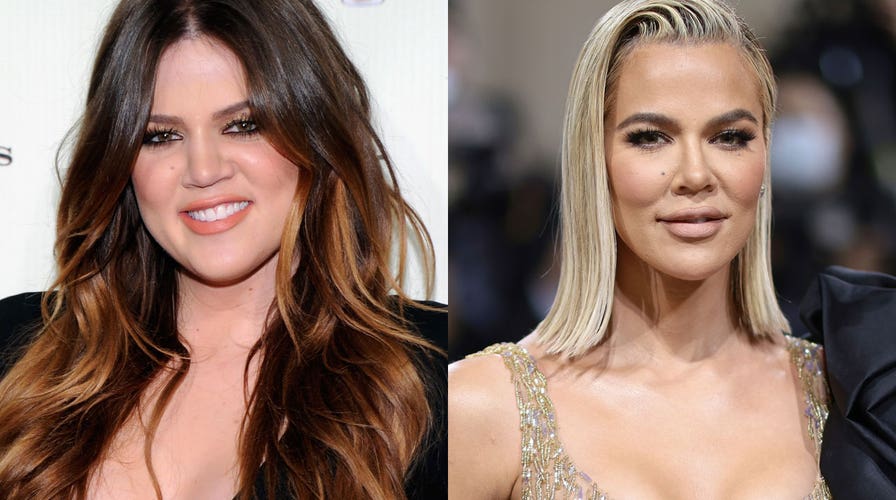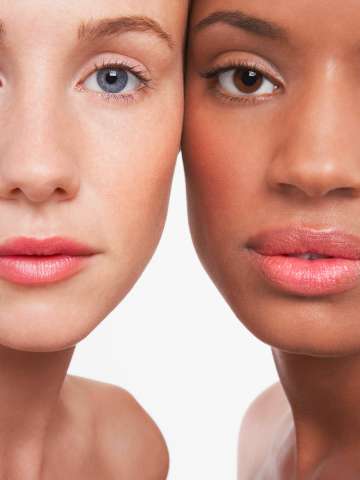Breast Augmentation Rancho Cucamonga: Achieve Natural-Looking Improvement with Leading Surgeons
Breast Augmentation Rancho Cucamonga: Achieve Natural-Looking Improvement with Leading Surgeons
Blog Article
Investigating the Emotional and Social Variables That Drive People to Take Into Consideration Cosmetic Surgery as a Way of Renovation
The choice to pursue plastic surgery frequently expands beyond plain appearances, intertwining with social and psychological dynamics that merit complete exam. Variables such as self-esteem, pervasive societal beauty standards, and the pervasive impact of social networks assemble to form private inspirations for medical enhancement. As these impacts end up being significantly noticeable, recognizing the underlying psychological and social contexts is necessary. What continues to be to be discovered is the extensive effect these elements have not only on personal identification but also on broader social standards and worths surrounding charm and acceptance.
The Function of Self-worth
Self-confidence considerably affects a person's choice to go after plastic surgery. People with low self-esteem usually view themselves in a negative light, bring about feelings of insufficiency concerning their physical appearance. This adverse self-perception can drive them to look for surgical interventions as a method of improving their self-image. The desire for enhancement in one's appearance is regularly linked to an idea that such changes will certainly elevate their general self-worth and self-confidence.

Inevitably, the role of self-confidence in the decision-making procedure pertaining to plastic surgery highlights the complex interplay in between body photo, individual satisfaction, and mental health and wellness. Comprehending this connection is critical for medical care professionals to ensure that patients are making informed decisions rooted in realistic expectations and psychological health.
Social Beauty Requirements
Influenced by prevalent media representations and social stories, societal charm standards play a vital function fit individuals' perceptions of their very own bodies. These standards are often characterized by an idealized kind of elegance that highlights qualities such as slimness, balance, and youthfulness. As these perfects are continued with various networks, including television, movie, and marketing, people often internalize these messages, resulting in dissatisfaction with their all-natural appearance.
The ramifications of these societal standards extend past aesthetic choices; they can affect self-worth, mental health, and social relationships. Individuals that view themselves as disappointing these criteria may experience sensations of inadequacy, triggering a need for cosmetic surgical treatment as a means of accomplishing social approval. This quest is frequently sustained by the belief that adapting to these perfects will improve not just physical appearance however additionally social standing and personal satisfaction.

Impact of Social Media
The effect of social charm criteria is further magnified by the surge of social networks systems, where curated images and idealized representations of beauty are ubiquitous. Individuals are constantly exposed to filtered and modified pictures, which frequently illustrate unattainable physical features. This exposure cultivates a culture of contrast, leading people to analyze their own appearance against these typically impractical standards.
Social media influencers and celebrities often promote aesthetic procedures, stabilizing the idea that surgical enhancements are a feasible methods for attaining social perfects (plastic surgery rancho cucamonga). The presence of these improvements can develop an assumption that undertaking plastic surgery is a common method, consequently affecting individuals to think about similar interventions as a pathway to improved self-worth and social approval
In addition, visit the website the interactive nature of social media sites enables prompt responses with sort and comments, even more reinforcing the desire to comply with preferred elegance criteria. Such interactions can intensify feelings of insufficiency and drive people toward cosmetic surgery as a means of obtaining recognition. Eventually, social media plays a pivotal duty fit understandings of beauty, which significantly influences the decision-making processes surrounding plastic surgery.

Cultural Perspectives on Appearance
Throughout numerous cultures, perceptions of look are deeply rooted in historic, social, and economic contexts, shaping people' sights on charm and value. In many cultures, look functions as a significant marker of identification, influencing social status, specialist chances, and personal partnerships. For instance, in some cultures, light skin is usually connected with riches and privilege, while others might idealize darker complexion as signs of strength and credibility.
Additionally, traditional elegance requirements are frequently bolstered with cultural stories, media representations, and family members influences, bring about varying ideals across various regions (plastic surgery rancho cucamonga). In Western societies, the emphasis on young people and physical fitness usually drives individuals towards cosmetic improvement, while in certain Eastern cultures, more subtle adjustments aligned with typical aesthetic appeals might be chosen
Globalization and the spreading of digital media have better made complex these characteristics, developing a hybridization of beauty perfects that goes beyond geographical borders. As individuals significantly navigate these cultural narratives, the stress to conform to certain look standards can cause the need for cosmetic surgical treatment, mirroring a complex interaction of personal desires and cultural values. Comprehending these social viewpoints is important in resolving the inspirations behind cosmetic surgery considerations.
Mental Influences of Aesthetic Surgery
Numerous individuals seeking cosmetic surgery report experiencing extensive emotional influences that can dramatically modify their self-perception and psychological wellness - plastic surgery rancho cucamonga. The desire for physical enhancement often originates from underlying concerns such as reduced self-confidence, body dysmorphic condition, or societal stress relating to appeal requirements. For some, the immediate post-operative stage can bring about a temporary increase in positive self-image and contentment with their look, fostering a feeling of empowerment
Nevertheless, these positive sensations might not be enduring. Study suggests that while some patients experience boosted self-confidence, others may encounter increased anxiety or anxiety if their expectations are not fulfilled. This inconsistency can from this source arise from impractical ideals bolstered by media representation and social narratives bordering appeal.
Furthermore, the emotional ramifications of cosmetic surgical procedure prolong past the individual. Relationships with family members and good friends may be strained as social characteristics shift, bring about feelings of seclusion or alienation. Ultimately, the emotional impacts of cosmetic surgical treatment are complex and complicated, calling for careful factor to consider by both possible patients and health care service providers to make certain informed decision-making and sensible assumptions.
Conclusion
Finally, the choice to seek cosmetic surgery is substantially affected by a combination i was reading this of self-esteem problems, social elegance criteria, and social point of views on look. The pervasive reach of social networks further worsens these stress, promoting impractical perfects that individuals typically make every effort to attain. Understanding these social and mental aspects is crucial for addressing the motivations behind plastic surgery, highlighting the requirement for a much more nuanced discussion surrounding appeal and self-acceptance in modern culture.
The decision to seek cosmetic surgical procedure often extends past plain visual appeals, intertwining with psychological and social dynamics that warrant thorough examination. Inevitably, social media plays a crucial duty in forming understandings of appeal, which substantially affects the decision-making processes surrounding cosmetic surgical procedure.
As people progressively navigate these cultural stories, the stress to adhere to particular appearance criteria can lead to the need for cosmetic surgical treatment, reflecting a complex interaction of individual ambitions and cultural worths.In final thought, the decision to seek cosmetic surgical procedure is significantly influenced by a combination of self-confidence issues, societal elegance standards, and social point of views on appearance. Recognizing these social and psychological aspects is vital for dealing with the inspirations behind cosmetic surgical treatment, highlighting the need for a much more nuanced conversation bordering beauty and self-acceptance in modern society.
Report this page